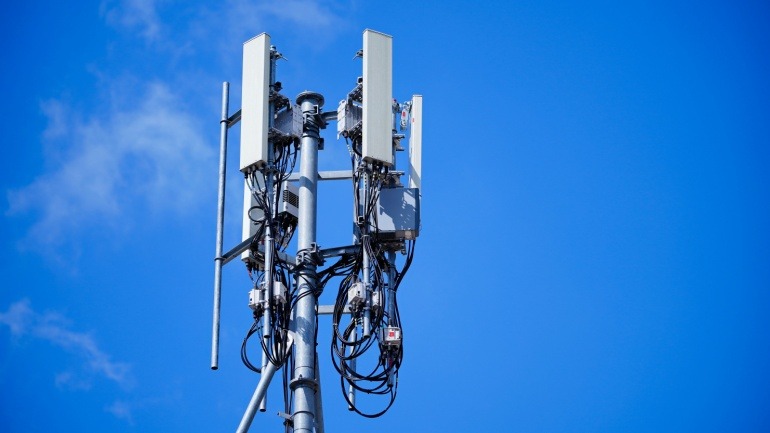Vodafone UK and Ericsson have successfully harnessed innovative sleep mode technology to cut energy consumption at 5G and 4G sites. This eco-friendly approach lowers costs and carbon emissions by powering down during low-demand periods.
Bharti Airtel’s strategic partnership with SpaceX to introduce Starlink broadband in India is a groundbreaking move in the telecom sector. This collaboration leverages Airtel’s market expertise and infrastructure, aiming to boost broadband access in remote areas.
The UK government is investing £23 million in telecommunications research, enhancing 5G, AI, and cloud computing. Funding supports regional projects in Belfast, West Midlands, and Glasgow, with £7 million improving business infrastructure and £15 million advancing AI.
NTT Communications, a major Japanese ICT provider, has confirmed a data breach affecting 17,891 corporate clients. An attacker infiltrated its systems in February, accessing sensitive contract and contact details. While no end-user data was involved, the company is enhancing security measures and notifying affected clients.
Virgin Media O2 has announced a £700 million investment to enhance its 4G and 5G networks by 2025. This move is part of its expansive Mobile Transformation Plan, crucial for accommodating the surge in mobile data usage.
Airspan Networks strategically bolsters its position in the global 5G market by acquiring Jabil’s open RAN portfolio. This acquisition, including advanced radio development, enhances Airspan’s capabilities, making it a formidable player in the 5G public and private sectors.
Samsung and KDDI Research are spearheading the integration of artificial intelligence into future 6G networks. By enhancing multiple-input multiple-output (MIMO) systems with AI, they aim to boost transmission speeds and network capacity, revolutionizing mobile networks.
Semtech Corporation has launched advanced 5G initiatives, featuring the EM9492 and EM9295 modules powered by Qualcomm technology. The EM9492 enhances high-end IoT devices, while the EM9295 balances cost and performance for wider 5G adoption.
Microsoft is set to discontinue Skype in May, shifting users to Microsoft Teams’ free tier. Acquired for $8.5 billion in 2011, Skype struggled to compete with Zoom and Google Meet. Microsoft now prioritizes Teams for communication.
ZTE Corporation, alongside China Mobile, launched innovative AI-driven 5G-A solutions at MWC 2025. These advancements in 5G-A technology, including ‘Communication-Sensing-Computing-Intelligence’ and ‘Ambient IoT,’ promise groundbreaking transformations in industrial applications.













